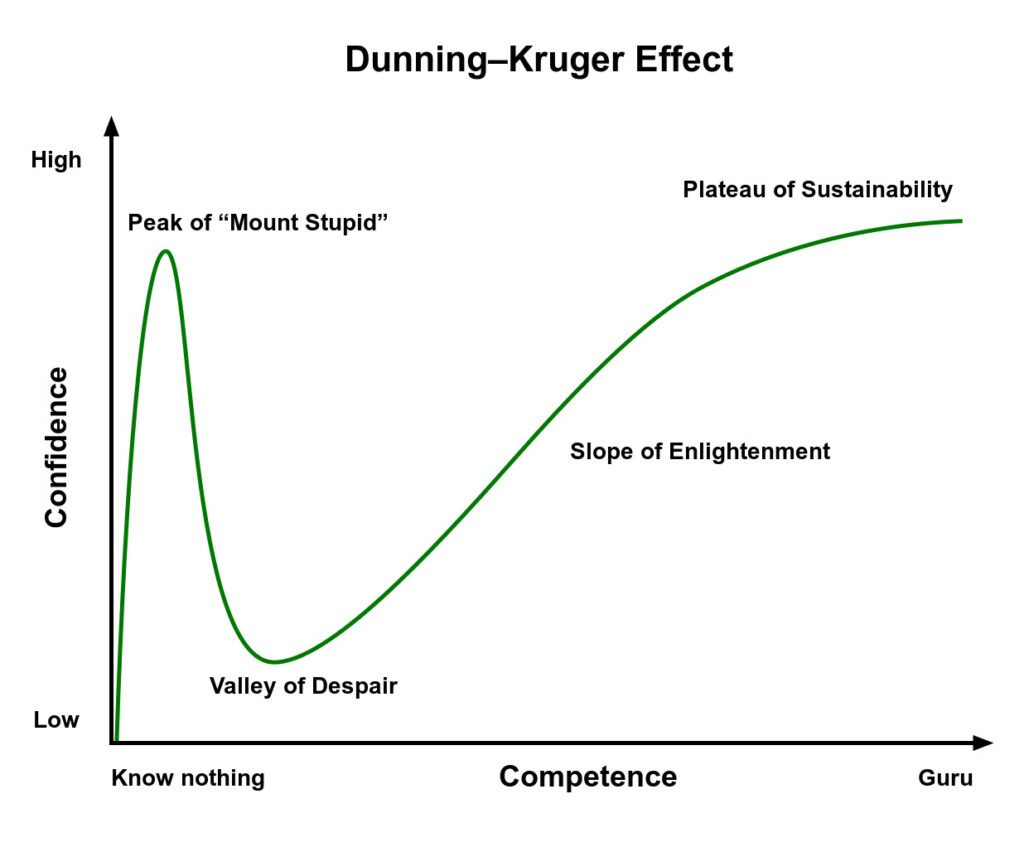Article by Federico Micol, PhD student at the Politecnico di Torino with a strong passion for Deep-Tech startup development. He has been studying technology transfer processes, entrepreneurial finance and the development of entrepreneurial ecosystems for several years. Since February 2023, he regularly publishes content on his blog Deep-Tech 4 Dummies with the aim of stimulating reflection and raising awareness on topics related to the world of innovation.
According to the According to the Oxford Languages dictionary, entrepreneurship is "the activity of starting a business, taking financial risks in the hope of making a profit". This definition is probably one of the most negative definitions of entrepreneurship you can find online, as it makes the entrepreneurial path seem extremely risky for yourself and totally governed by chance.
The definition of Entrepreneurship given by Stanford gives us a more detailed picture of what it really means to be an entrepreneur: "To start a business means to embark on an original path to create a new enterprise".
This definition highlights some important elements:
- Becoming an entrepreneur is a path, a process.
- The path to follow, however, is not knowable a priori, and consequently it is unique and unrepeatable, 'original'.
In fact, launching an entrepreneurial activity means embarking on a journey into the unknown, because it is studded with an unknown number of uncertainties. This is where the importance of the journey comes into play: the best thing you can do to reduce the risk of failure of your venture is therefore to equip yourself with the right tools to try to get your bearings and eliminate uncertainties as quickly as possible. Your goal will in fact be to find order in the chaos, and to do so in a cost-effective way for you and your stakeholders.
Even though decades of research and experimentation have created useful templates and tools to identify the uncertainties you may potentially face in the future, it is practically impossible to know what you are facing. Since no one can tell you everything you need to know, and you certainly don't know everything you need to know (otherwise you would have stopped working or would already be rich), all these uncertainties must therefore make you doubt your ideas over and over again every day.
If you have never experienced this kind of discomfort, you are probably learning very little about how to make your idea a business and become an entrepreneur, and you are probably a victim of the Dunning-Kruger cognitive bias and are 'unconsciously incompetent'.
The "Dunning-Kruger effect" states that incompetent people usually think they are extraordinary. However, because they have no expertise in that specific field or topic, they lack the experience to recognise how badly they are doing.
This phenomenon is particularly complicated to recognise because the lack of competence (in this case entrepreneurship) is invisible to the person experiencing it, making them overconfident in their abilities.

This video summarises this bias well:
If you have never built a business and have not yet doubted your project once there is a high probability that you are climbing the "Mount Stupid": a transitional and joyful time when your confidence drives your daily entrepreneurial activities.
In this period your confidence far outstrips your skills, so sooner or later you will start to descend into the "Valley of Despair". As the name suggests, this is the time when doubts begin to grow. You do not know which issues to prioritise and you start to lose confidence in your idea because uncertainties start to emerge and accumulate.
As despair takes over, the only way out is to redouble the effort you put into your learning activities and question everything you have done up to that point. The entrepreneurial skills development path, 100% of the time, has to be an uncomfortable experience.
You'll need to (re)learn to listen with a critical ear to what those around you are telling you, (re)question everything you've done and will do, and learn to make the best decisions even in situations where it's impossible to know all the information you would need.
Cultivating your ability to learn and being curious is therefore an essential precondition for innovating. Recognizing that it's necessary to return to learning (or relearn how to learn) is therefore the first step to take on your path to entrepreneurship.
Even if no one can tell you for sure what you'll need to know, with the right mindset, determination, humility, and willingness to learn (from others and from your own mistakes), it's possible to successfully navigate the uncomfortable learning journey of entrepreneurship. And if you "fail," at the very least you will have learned that to innovate you need to question yourself and return to learning.
Read books, watch videos, listen to podcasts, participate in startup events and competitions, talk to potential customers, join an incubator, apply for an accelerator, talk to investors, and complete your team with the missing skills that you know you don't have but think might be useful for your entrepreneurial project.
Qualunque attività che ti permette di accedere ad informazioni potenzialmente utili per il tuo percorso falla. E pay close attention especially if you find elements that contrast with what you have learned so far. You're probably in the vicinity of some "mountain" of incompetence, and listening to another perspective will do you good.
In conclusion, it's important to know that tough times will come. Entrepreneurship is a journey full of uncertainties, but it's also a journey that, if undertaken with the right tools and mindset, leads to great personal growth (regardless of the entrepreneurial outcome). What you develop and gather on a first "journey" can indeed be useful in a second attempt.
If you think you know everything about entrepreneurship and startups because you took an introductory online course, know that sooner or later, winter will come to the valley of despair, and if you haven't reached it yet, it means you haven't yet learned what it means to develop an entrepreneurial idea.









